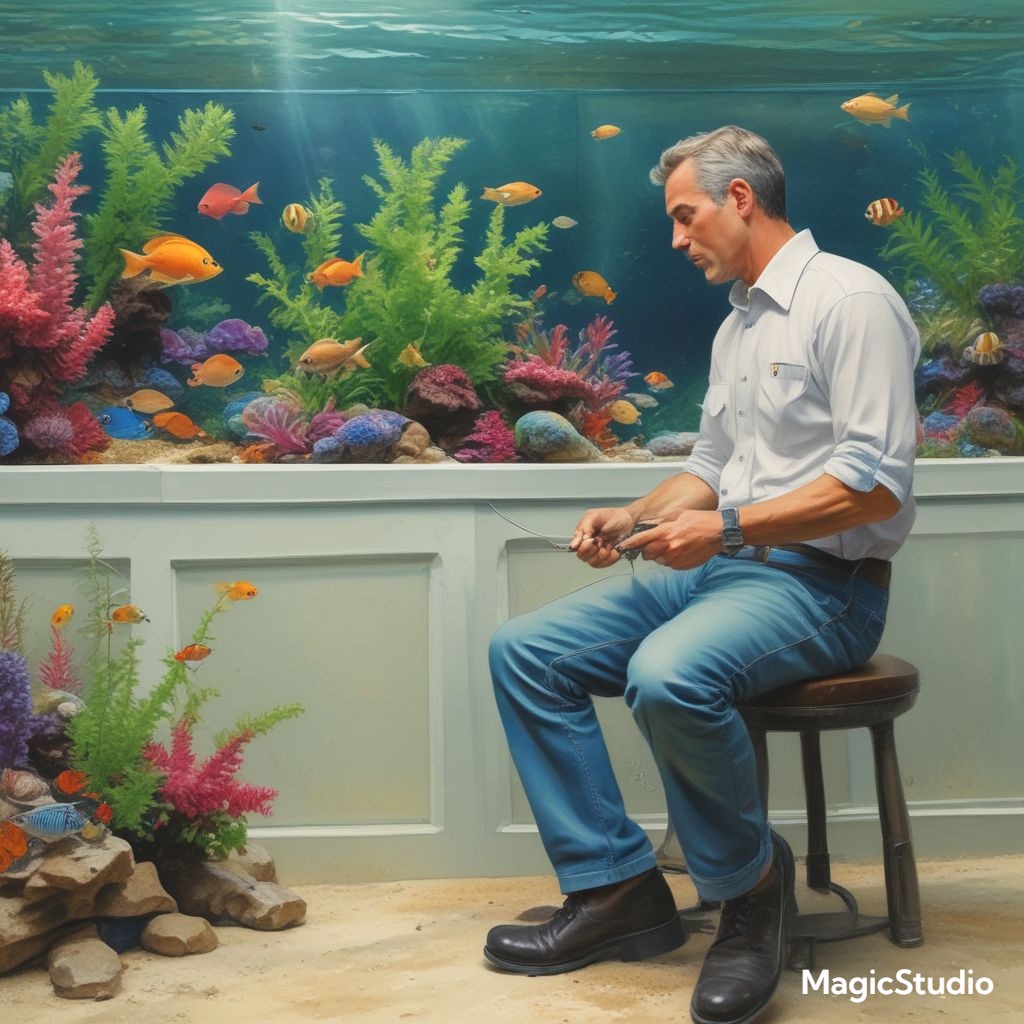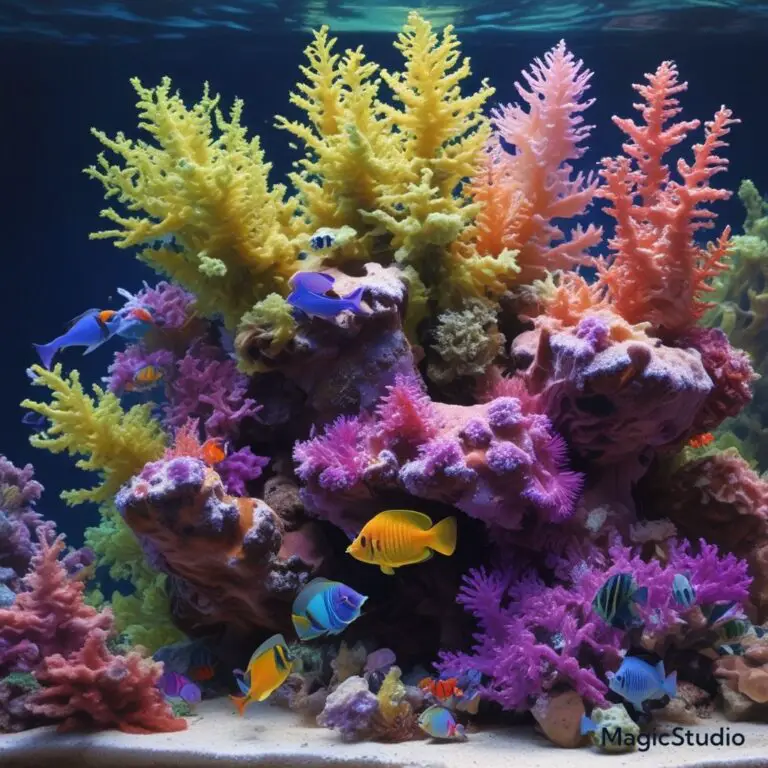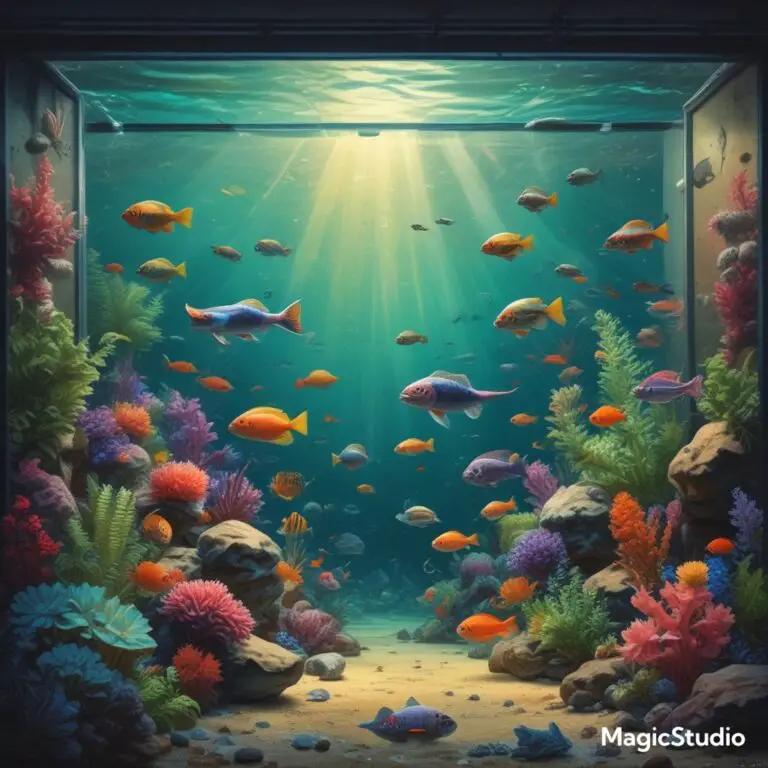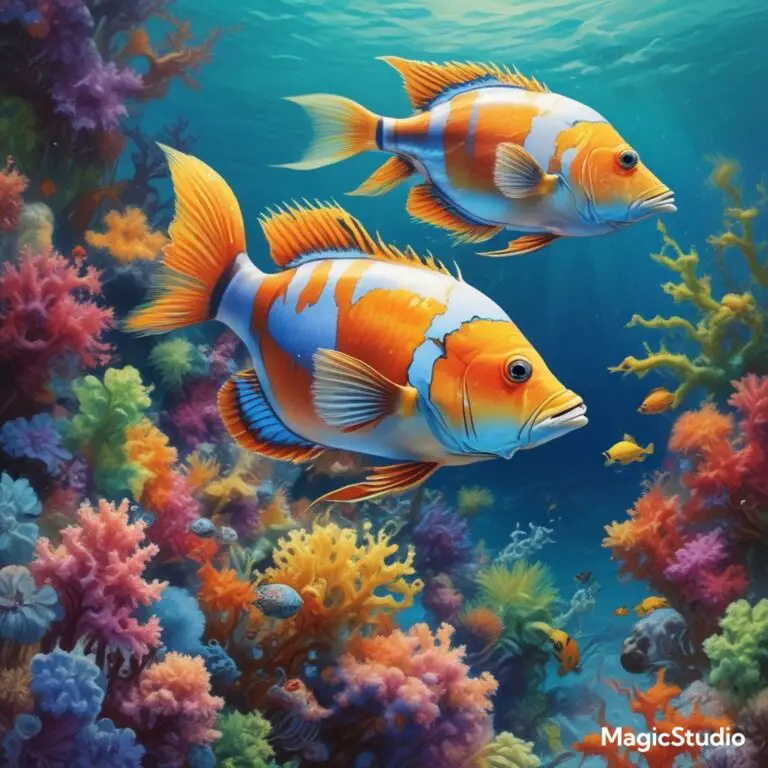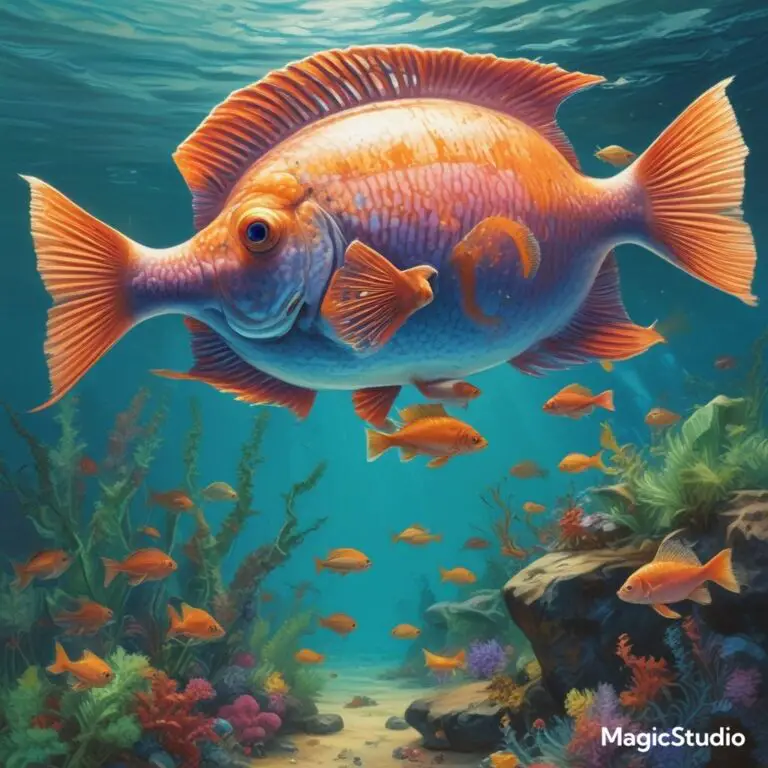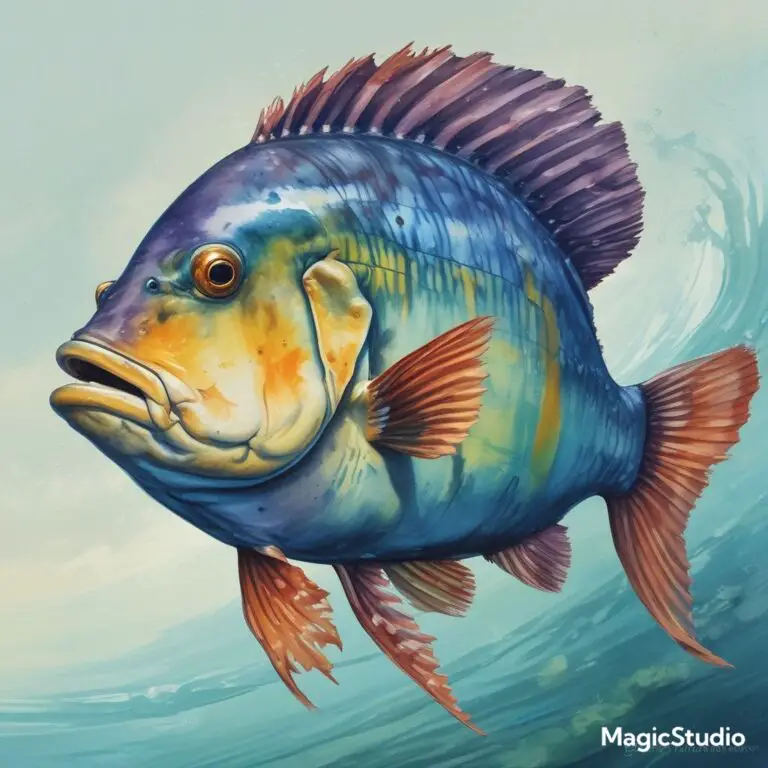How to Maintain a Healthy Marine Aquarium: Tips for Optimal Fish Care
How to Maintain a Healthy Marine Aquarium: Tips for Optimal Fish Care
Creating and maintaining a healthy marine aquarium is a rewarding journey that combines artistry with science. A thriving saltwater tank not only showcases the stunning beauty of marine life but also requires careful attention to ensure the well-being of its inhabitants. In this guide, we’ll cover essential tips for maintaining a healthy marine aquarium and providing optimal care for your fish. Welcome to How to Maintain a Healthy Marine Aquarium: Tips for Optimal Fish Care!
1. Understand and Maintain Water Quality
Water quality is the foundation of a successful marine aquarium. Regular monitoring and adjustments are crucial to keeping your fish and coral healthy.
Water Quality Tips:
- Regular Testing: Use reliable test kits to monitor key parameters like salinity, pH, ammonia, nitrite, and nitrate. Maintain salinity between 1.020 and 1.025, pH around 8.1 to 8.4, and keep nitrates below 10 ppm.
- Frequent Water Changes: Change 10-20% of the water weekly to remove toxins and replenish essential minerals.
- Use RO/DI Water: Employ Reverse Osmosis/Deionized systems to ensure your water is free from impurities and pollutants.
2. Maintain Stable Temperature
Temperature stability is critical for the health of marine fish and corals. Fluctuations can stress your aquatic life and lead to health issues.
Temperature Management Tips:
- Invest in a Quality Heater: Use a reliable heater with a built-in thermostat to maintain a stable temperature, typically between 72°F and 78°F.
- Monitor Daily: Check the tank temperature daily to ensure it remains within the desired range.
- Avoid Sudden Changes: Make gradual adjustments to temperature to prevent stress on your marine life.
3. Optimize Filtration Systems
Effective filtration is key to maintaining clean and clear water. Proper filtration supports both mechanical and biological processes.
Filtration Tips:
- Select the Right System: Use a combination of mechanical, chemical, and biological filtration to cover all aspects of water treatment.
- Regular Maintenance: Clean filter media and components as per the manufacturer’s guidelines to ensure optimal performance.
- Monitor Flow Rates: Ensure the filtration system provides adequate water movement without creating excessive turbulence.
4. Feed Your Fish Appropriately
Proper feeding supports the health and growth of your marine fish. A well-balanced diet ensures vibrant colors and strong immune systems.
Feeding Tips:
- Variety is Key: Offer a mix of high-quality flakes, pellets, frozen foods, and live foods to meet nutritional needs.
- Feed in Moderation: Provide small amounts of food 2-3 times a day to prevent overfeeding and maintain water quality.
- Observe Eating Habits: Monitor your fish to ensure they are eating and adjust their diet as needed.
5. Perform Regular Tank Maintenance
Routine maintenance helps prevent problems and keeps your aquarium looking its best. Regular upkeep is essential for a healthy tank environment.
Maintenance Tips:
- Clean Algae and Debris: Regularly remove algae from the glass and substrate to maintain clarity and prevent buildup.
- Inspect Equipment: Periodically check heaters, pumps, and other equipment for proper function and replace any worn or malfunctioning parts.
- Trim Corals: Prune overgrown corals to maintain space and prevent overcrowding.
6. Manage Algae Growth
Algae can quickly become a problem if not properly managed. Keeping algae in check is crucial for a healthy tank environment.
Algae Control Tips:
- Limit Light Exposure: Use a timer to regulate light periods and prevent excessive lighting, which can promote algae growth.
- Control Nutrient Levels: Keep nitrates and phosphates under control to prevent algae blooms.
- Introduce Algae-Eaters: Consider adding algae-eating fish or invertebrates, such as snails or hermit crabs, to help manage algae naturally.
7. Monitor Fish Health
Keeping a close eye on your fish allows you to catch any signs of illness early and address them promptly.
Health Monitoring Tips:
- Observe Behavior: Watch for changes in behavior, such as unusual swimming patterns or loss of appetite, which may indicate health issues.
- Check for Signs of Disease: Look for visible signs such as spots, lesions, or abnormal growths.
- Quarantine New Additions: Use a separate quarantine tank to observe new fish for diseases before introducing them to the main tank.
8. Stay Educated and Informed
Ongoing education is key to successful marine aquarium maintenance. Staying informed about the latest practices and advancements helps you provide the best care for your marine life.
Education Tips:
- Join Aquarist Communities: Engage with online forums and local clubs to share experiences and learn from fellow hobbyists.
- Read and Research: Keep up with the latest information through books, articles, and research on marine biology and aquarium care.
- Attend Workshops: Participate in workshops or seminars to expand your knowledge and refine your skills.
